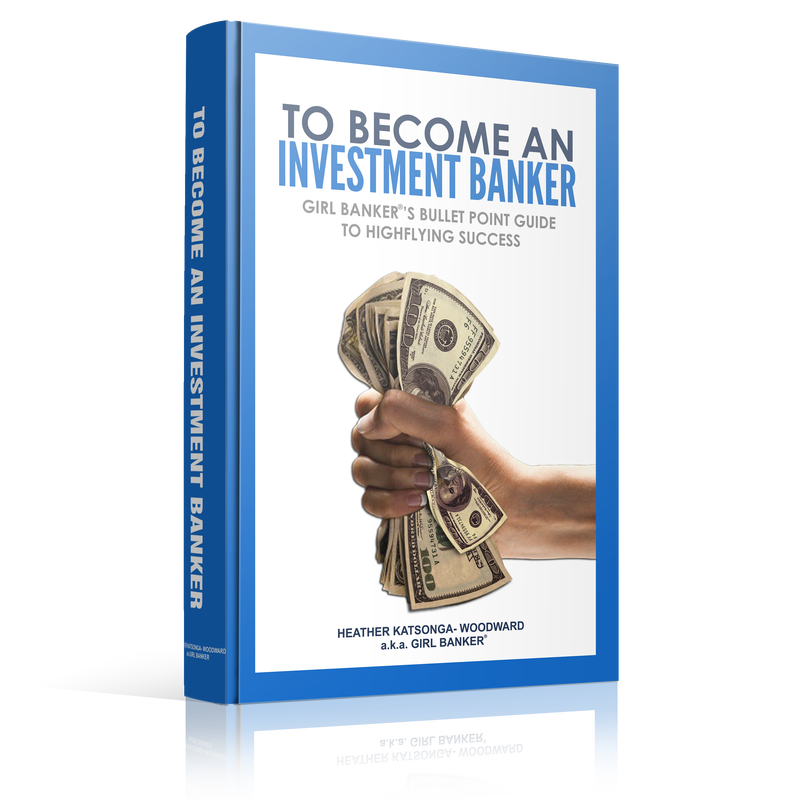 by Girl Banker® Listen to the iTunes podcast instead. This blog is designed to help those with 3 to 7 years of experience in a non-financial institution plan their strategy for moving into banking. What does an MBA involve? One or two years of dedicated learning and networking. An MBA class at a top school is composed of ex-Bankers as well as people with several years of experience from many other industries. After the MBA, when these people apply to investment banks, they are considered on an equal basis for investment banks' MBA programs. MBA-hires normally start as first year Associates and some as third-year Analysts: it depends on the value of work experience that they bring with them. Some investment banks will not even consider people with MBAs for Analyst roles. So if, relative to the rest of the MBA class, your work experience does not stand out, you could still struggle to get a job. US business schools typically offer a two year course whilst in the UK they are usually one year. London Business School is the only UK school I know of that offers a two year MBA. There is some perception, that two year MBAs offer a more in-depth education. What does the CFA involve? Three exams done over 18 or 24 m. The fastest you can complete the CFA program is 18 months: Level 1 in December, Level 2 in June the following year and Level 3 the June after that. If you miss the December sitting for Level 1 then the CFA would have to be done over two-years. And that's assuming you pass all levels the first time - only 35-45% are allowed to pass any one sitting. This means the probability of passing all three exams the first time is 4.3%-6.4%. Eek! Don't worry, if I can do it, so can you. 1. What is the level you want to enter banking at? Ex-bankers that leave banking to do an MBA normally come back as Associates. If you have valuable non-banking industry experience and CONTACTS alongside your MBA, you too will enter as an Associate. If the investment bank doesn't value your pre-MBA experience you will find it challenging to enter as an Associate. You would have better luck applying as an Analyst - the bottom rung - but keep in mind that some investment banks won't allow you to do this: they will insist on putting you up against other MBAs. In this case you would need to find a bank which accepts MBAs entering as Analysts. If you do the CFA you will still enter as a first year analyst but doing the CFA will make your CV stand out. 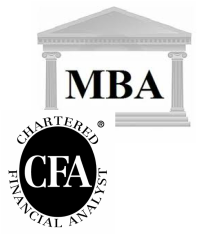 2. How much money are you able to spend? MBA US Business Schools: Costs are relatively similar at top US business schools, give or take $5-10k. I'll use Harvard as an example. The cost of tuition, insurance and living per year is estimated to be: $87,200 for a single person $101,800 for a couple $113,500 for a couple with one child $121,200 for a couple with two children Assuming you're single, that's $174,400 (£109,000) in MBA costs over the 2 years (GBPUSD=1.6). UK Business Schools: Tuition at London Business School is £57,500 for their full 15-21 month program. With £15-20k per annum in living costs you're looking at a total of £85-100,000 ($136-160,000) over the 2-year period. Cambridge's Judge Institute charges £36,000 and Cass Business School costs £34,500 for tuition. Both have a 1-year course. Again, add £15-20,000 for living and you're looking at a total of £50-60,000 ($80-96,000). CFA Schweser self-study materials (which most candidates use) cost $350-600 per exam. The cost of each exam is $1,125-$1,500 depending on how early you enrol and register. This means that over the three levels, assuming you go for the more expensive study materials but register for the exam early the cost would total c.$5,175 ($1,725 times 3). However, you never have to fork out more than a couple of grand at any one time. Indeed, as it's done alongside your day job you don't need to set aside living costs. Note that you will fork out more than the above if you decide to go on a taught course. 3. How much time are you willing / able to dedicate to getting into banking? Personally, I think it would be challenging to do an MBA part-time. MBAs are not just about the learning material, they are about networking. Half the reason of doing an MBA is to develop a cache of contacts that will help to progress your career. If you go to business school and come out with just a certificate, you haven't made the most of that opportunity. The CFA program on the other hand is designed to be done part time. Level 1 can only be written in June or Dec. Levels 2 and 3 can only be taken in June. If you fail level 2 or 3, you have to wait a whole year to re-write. In summary, Note that MBAs are much more part of US culture than they are in the UK. Here in London, they are less of an expectation. Both the MBA and the CFA are valuable, however, the MBA is a bigger commitment in terms of time and money. With the current recession, neither can guarantee a job in investment banking but they can help to differentiate you.
6 Comments
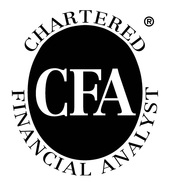 by Girl Banker® Listen to the iTunes podcast instead. In Sep-2006, as a second-year Goldman analyst one of my Associates text me to ‘show-off’ that he had just passed level 3 of the Chartered Financial Analyst program, CFA. I was kind of jealous! I knew it was a definite plus on his CV because I’d heard that it was extremely challenging. I thought, ‘If he has the time to study for the CFA, I can make time too!’ It was September already but I still applied for the Dec-2006 Level 1 exam. I passed. I passed the next two levels in Jun-2007 and Jun-2008 respectively. What is on the CFA curriculum? There is a little bit of everything finance-related. The beauty of Level 1 is that it is very broad, immensely interesting and really not that difficult. It was through Level 1 I developed an interest in derivatives. I started trying to move from IBD to the capital markets a few months after I completed the exam– the better working hours were also a huge lure for me. Level 2 is generally accepted to be the hardest level. It was, for me, also the most boring. There is so much nitty gritty detail on accounting – not my favourite topic. Level 3 is very focused towards asset/portfolio management. There is lots of in depth information about how to look at asset portfolios, how to choose between different asset classes and how to manage other people’s money.  HOW COULD THE CFA HELP YOU? 1. It will stand out on your résumé/CV The CFA qualification is well regarded because its modules are highly relevant to different areas of banking and because CFA Institute only allows the best 35-45% to pass any sitting. 2. Your chances of getting invited to interviews may rise Case in point: one of my colleagues did his first degree in Lebanon followed by a Master’s degree at a good UK university. When it came to looking for a job, he says he didn’t get a single response after sending out his résumé/CV so he decided to sign up for CFA Level 1. When he sent his résumé/CV out again he started getting interview invitations. He’s one of the best derivative salespeople I know so it just goes to show that banks can have trouble sifting through the many applications. 3. It may help you to decide where in an investment bank you would best fit Some bankers think the CFA qualification looks a lot better if you did it whilst you were working rather than when you were in university or looking for a job; however, I would argue that it adds a lot of value to your résumé/CV no matter when you do it. It’s not easy. 4. Your chances of ever becoming unemployed (apparently) fall Of the 100,000 current full CFA Charterholders globally (i.e. people who completed and passed CFA exams 1, 2 and 3) and according to the CFA Institute’s own figures only 4% of them are unemployed at any time. You can read a full piece on this on eFinancialCareers.  DO YOU HAVE TO TAKE A TAUGHT COURSE TO PASS THE CFA? I didn’t and I still passed all 3 levels the first time. For me, paying someone to teach me would have been a big waste of dosh. When I am around other people I usually want to chat. For the same reason, I also didn’t join any study groups. What was my strategy? Time was limited. I didn’t read the CFA’s own materials, they’re too thick. I ordered self-study materials (five books, Audio CDs, QuickSheets and Practice exams) from Schweser. I studied properly on weekends (both days); during the week I listened to the audio CDs on my way into work. I was always too tired to do any revision after work. I took exactly one week off prior to each exam. By this time, I had been through all the study material once. Each time, I created a schedule to ensure this was the case. So what did I do in this one week? Exam practice! One exam per day. As I went through the practice exams, the areas I needed to work on jumped out at me, so I re-read just these modules. What about my social life? What social life? I killed it. I went out to dinner like a couple of times per month. However, when the CFA was over ‘freedom’ felt so much sweeter. I wrote the last exam in Jun-2008 but even today, four years later, the idea of combining a full-time job with the CFA still gives me the hibby jibbies. |
Girl Banker®I created my investment banking blog in 2012 as soon as I resigned from i-banking & published my book, To Become An Investment Banker.
Initially published at girlbanker.com, all posts were later subsumed into my personal website under katsonga.com/GirlBanker. With 7 years of front office i-banking experience from Goldman Sachs and HSBC, in both classic IBD (corporate finance) and Derivatives (DCM / FICC), the aim of GirlBanker.com was to make it as straight-forward as possible to get into a top tier investment bank. I'm also a CFA survivor having passed all three levels on the first attempt within 18 months - the shortest time possible. Categories
All
Archives
August 2017
|
Heather Katsonga-Woodward, a massive personal finance fanatic.
** All views expressed are my own and not those of any employer, past or present. ** Please get professional advice before re-arranging your personal finances.
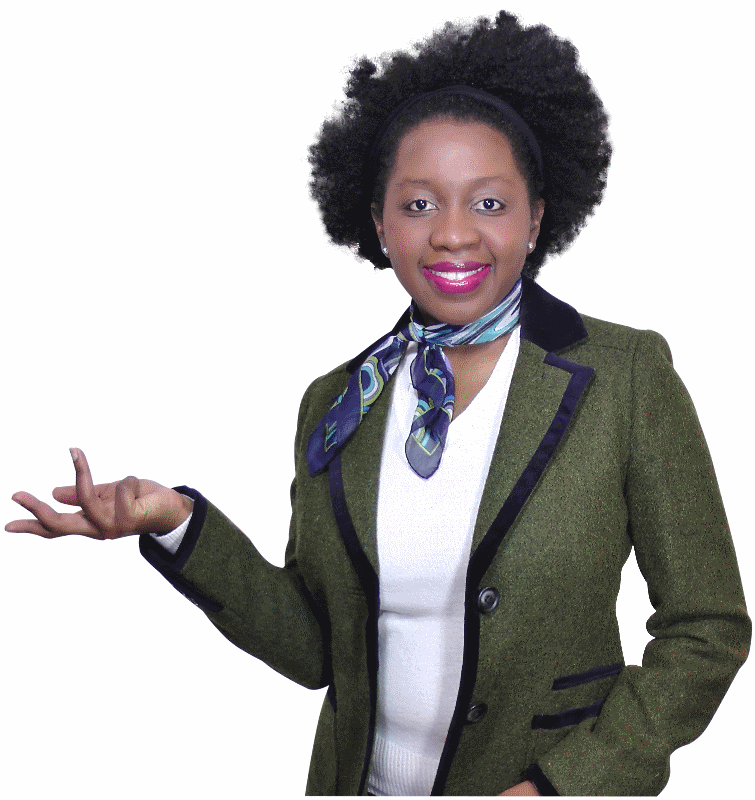
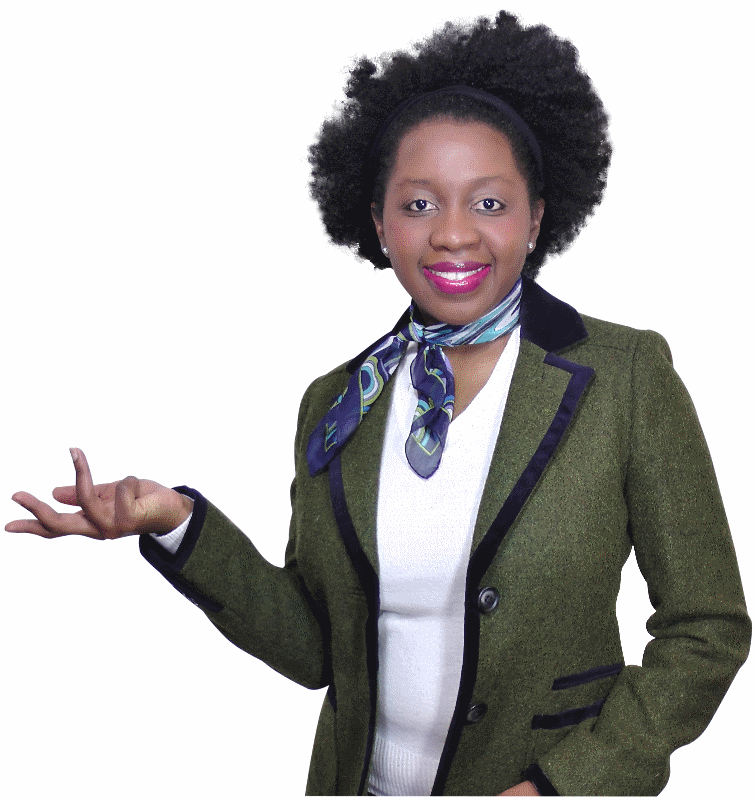
 RSS Feed
RSS Feed
